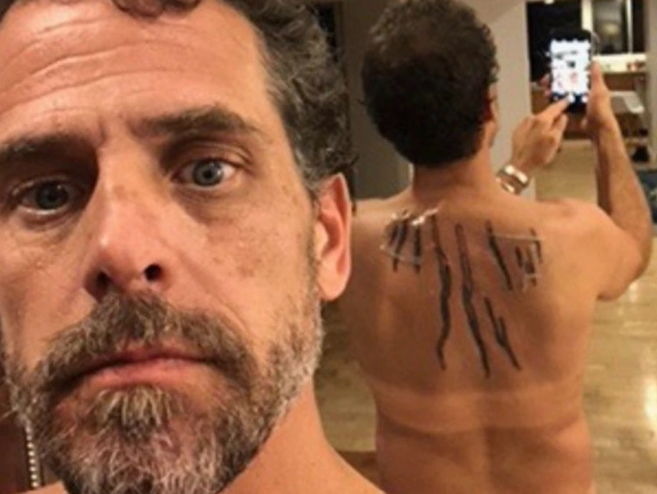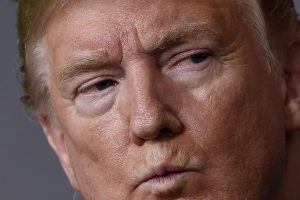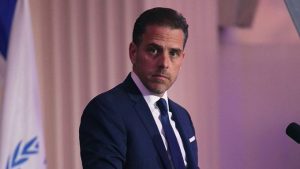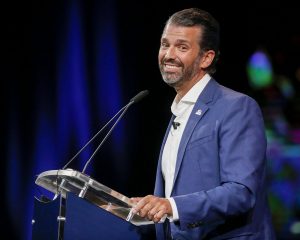Hunter Biden’s plea deal faced an unexpected turn when the judge raised concerns about the terms of the agreement. Biden was set to plead guilty to two charges of failing to pay taxes, but the judge expressed unease about being a “rubber stamp” and questioned the intersection of two separate deals: one for the tax charges and the other for a gun possession charge.
Judge Noreika’s scrutiny centered around the gun charge agreement, which seemed to give her oversight responsibilities typically reserved for the executive branch. She raised doubts about whether the judiciary should be involved in such an arrangement and whether it was within her purview to oversee its implementation.
Biden’s attorney, Chris Clark, argued that given the intense political attention surrounding the case, the agreement aimed to prevent further politicization if Biden were targeted again in the future.
Furthermore, the judge was concerned that the agreement on the tax charges did not provide her the authority to modify or reject the deal, potentially shielding Biden from further prosecution related to his financial and tax issues.
Also Read: Who is US District Judge Maryellen Noreika?
The hearing saw numerous disagreements and requests for clarification, leading the proceedings to extend far beyond the initially estimated duration. Judge Noreika asked if the investigation against Biden was still ongoing, to which U.S. Attorney David Weiss confirmed but refrained from providing further details.
Despite the plea deal’s complexities, the judge’s decision doesn’t signify its ultimate rejection. Both sides have been asked to provide additional information, addressing the concerns raised by Judge Noreika. Once the information is presented and studied further, the plea agreement may be accepted as negotiated, or modifications may be made to ensure compliance with judicial authority.
Also Read: Who is Devon Archer, Hunter Biden’s ex-best friend?
Hunter Biden’s legal troubles have been a subject of intense political debate, with Republicans criticizing the deal for perceived preferential treatment due to his father’s political position. The agreement, which includes probation for tax violations and the potential dismissal of the gun charge, has faced backlash from those who believe it to be too lenient.
As the case continues to draw attention and allegations of influence-peddling abroad persist, it remains to be seen how the judicial proceedings will unfold. The outcome will likely impact the political landscape, with both sides closely monitoring the developments surrounding Hunter Biden’s plea deal.







